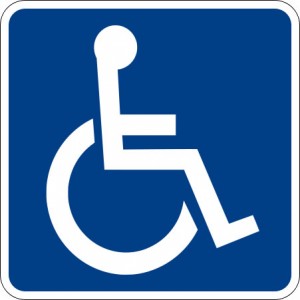 The effects of stress tend to build up over time. Taking practical steps to maintain your health and outlook can reduce or prevent these effects. The following are some tips that may help you to cope with stress:
The effects of stress tend to build up over time. Taking practical steps to maintain your health and outlook can reduce or prevent these effects. The following are some tips that may help you to cope with stress:
- Seek help from a qualified mental health care provider if you are overwhelmed, feel you cannot cope, have suicidal thoughts, or are using drugs or alcohol to cope.
- Get proper health care for existing or new health problems.
- Stay in touch with people who can provide emotional and other support. Ask for help from friends, family, and community or religious organizations to reduce stress due to work burdens or family issues, such as caring for a loved one.
- Recognize signs of your body’s response to stress, such as difficulty sleeping, increased alcohol and other substance use, being easily angered, feeling depressed, and having low energy.
- Set priorities-decide what must get done and what can wait, and learn to say no to new tasks if they are putting you into overload.
- Note what you have accomplished at the end of the day, not what you have been unable to do.
- Avoid dwelling on problems. If you can’t do this on your own, seek help from a qualified mental health professional who can guide you.
- Exercise regularly-just 30 minutes per day of gentle walking can help boost mood and reduce stress.
- Schedule regular times for healthy and relaxing activities.
- Explore stress coping programs, which may incorporate meditation, yoga, tai chi, or other gentle exercises.
If you or someone you know is overwhelmed by stress, ask for help from a health professional. If you or someone close to you is in crisis, call the toll-free, 24-hour National Suicide Prevention Lifeline at 1-800-273-TALK (1-800-273-8255).




